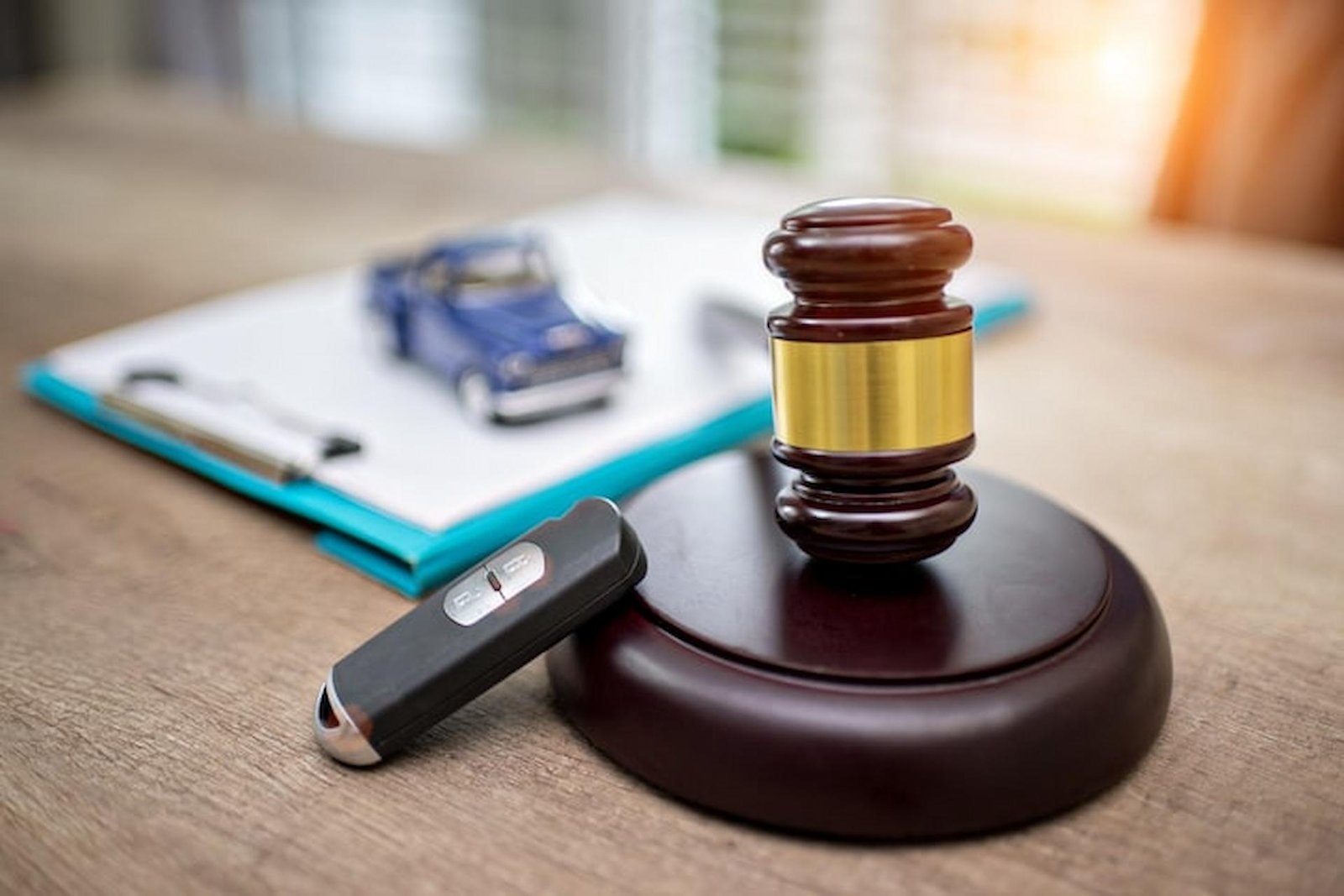Table of Contents:
- Key Takeaways
- Understanding the Basics of Lemon Law
- Does Your Vehicle Qualify Under Lemon Law?
- Navigating the Lemon Law Process
- Debunking Common Lemon Law Misconceptions
- Seeking Legal Assistance
- Benefits of Utilizing Lemon Law
Key Takeaways:
- Lemon Laws serve as essential legal protections for consumers dealing with vehicles plagued by persistent defects that affect usability and safety.
- Qualifying a vehicle as a “lemon” requires meeting specific state criteria, including significant issues that have not been resolved after several repair attempts.
- A thorough understanding of the lemon law process empowers consumers to pursue fair settlements through compensation or vehicle replacement based on legal provisions.
- Enlisting experienced legal experts can significantly simplify the process, increasing the likelihood of a favorable outcome.
Understanding the Basics of Lemon Law
Purchasing a new vehicle typically signals a period of excitement and pride. The new car smell, pristine interiors, and the idea of embarking on fresh journeys add to the allure. However, if that vehicle turns out to be riddled with defects, the joy can quickly transform into a burden of frustration. This is where Lemon Law acts as a crucial safety net. Lemon Laws are designed to ensure that the vehicles consumers purchase meet the promised quality standards and function seamlessly. When a car consistently underdelivers even after multiple repair attempts, deeming it a “lemon,” having the support of seasoned experts such as Iowa lemon law lawyers can be invaluable in navigating the legal process.
Fundamentally, Lemon Laws aim to address the disparity when manufacturers and dealers fail to uphold their end of the bargain regarding vehicle reliability. Even though these laws fluctuate from state to state, the core objective remains providing consumers with a reliable recourse to resolve issues through repairs, refunds, or replacements. The assurance these laws provide is priceless. They offer a framework that bolsters consumer confidence, enabling them to embark on their driving experiences with greater peace of mind.
Does Your Vehicle Qualify Under Lemon Law?
Not all defects will automatically qualify a vehicle as a lemon. Recognizing whether a defect is “substantial” is critical. A substantial defect is a problem that significantly affects the vehicle’s safety, operation, or market value. Examples include persistent brake failures, electrical malfunctions that impact driver safety, or transmission failures. These issues must appear within a set period or mileage after the purchase.
Moreover, Lemon Laws require that manufacturers be given a “reasonable” opportunity to rectify the defect, defining “reasonable” through several repair attempts or extended periods during which the vehicle is out of service. Some states extend these laws to cover leased vehicles, emphasizing the need for consumers to be aware of their specific state laws to accurately understand their vehicle’s qualification criteria. This layer of state-specific legislation can cause variations in protection, highlighting the importance of local regulatory knowledge for consumers.
Navigating the Lemon Law Process
Exercising Lemon Law rights involves a strategic and organized approach, integral to achieving a successful claim. It begins with meticulous records—a log documenting every repair attempt, discussion, and correspondence with the dealer or manufacturer. These records form the backbone of any potential case, serving as the evidentiary framework for arbitration or court proceedings. Initially, the journey often starts with a formal notification to the manufacturer, laying out the defects, detailing unresolved repair attempts, and requesting an actionable resolution.
If the response remains unsatisfactory, arbitration typically becomes the next step. This alternative dispute resolution method, either voluntary or state-mandated, involves a neutral party reviewing the presented evidence to provide a judgment. While arbitration can fast-track settlement, its outcomes may not bind both parties, opening the possibility for further litigation. Here, the guidance of legal professionals can be pivotal in navigating the continuous challenge of pursuing justice. Leveraging the insights and expertise of experienced attorneys ensures that consumers do not face these challenges alone.
Debunking Common Lemon Law Misconceptions
Common misconceptions can derail effective utilization of Lemon Law protections. One such misunderstanding is the belief in an unconditional return option under these laws—Lemon Laws stipulate explicit criteria for initiating a legitimate claim. Another misconception is the belief that these laws only cover brand-new vehicles. Some states extend protections to purchased or leased used vehicles under certain fault conditions, broadening the scope of who may be protected.
Understanding these nuances helps consumers fully harness their rights and dismiss any misleading information that might otherwise discourage them from pursuing potential claims. Clarity and accuracy in these matters ensure the effective application of Lemon Laws, protecting consumer interests and enabling informed decision-making at every step of the vehicle ownership process.
Seeking Legal Assistance
The complexity inherent in Lemon Law proceedings often proves overwhelming, reinforcing the value of acquiring legal assistance. Attorneys specializing in Lemon Law cases can provide comprehensive support, guiding consumers through the intricacies of dispute resolutions and ensuring adherence to legal timelines and filing requirements. These legal experts offer insightful strategies that equip consumers to develop compelling, well-founded claims.
With expert counsel and available resources, consumers can effectively leverage Lemon Law protections, transforming a complex situation into a manageable and navigable process that prioritizes their rights and concerns.
Benefits of Utilizing Lemon Law
Despite the complexities, employing Lemon Law delivers invaluable benefits. These laws offer a protective umbrella that oversees consumer rights, ensuring that automobile manufacturers’ negligence or shortcomings do not jeopardize financial investments. By implementing these laws, consumers endorse an essential industry principle: vehicles should deliver the reliability and quality they advertise.
Encouraging manufacturers to maintain their binding promises accentuates personal satisfaction and fosters an industry-wide ethos of commitment and excellence. The rigorous application of Lemon Laws upholds not only individual consumer rights but also enhances the broader consumer experience, compelling continuous improvements across the automotive landscape. This collective effort fosters an environment where quality and reliability become standard expectations, fortifying consumers’ faith in vehicle manufacturers.





